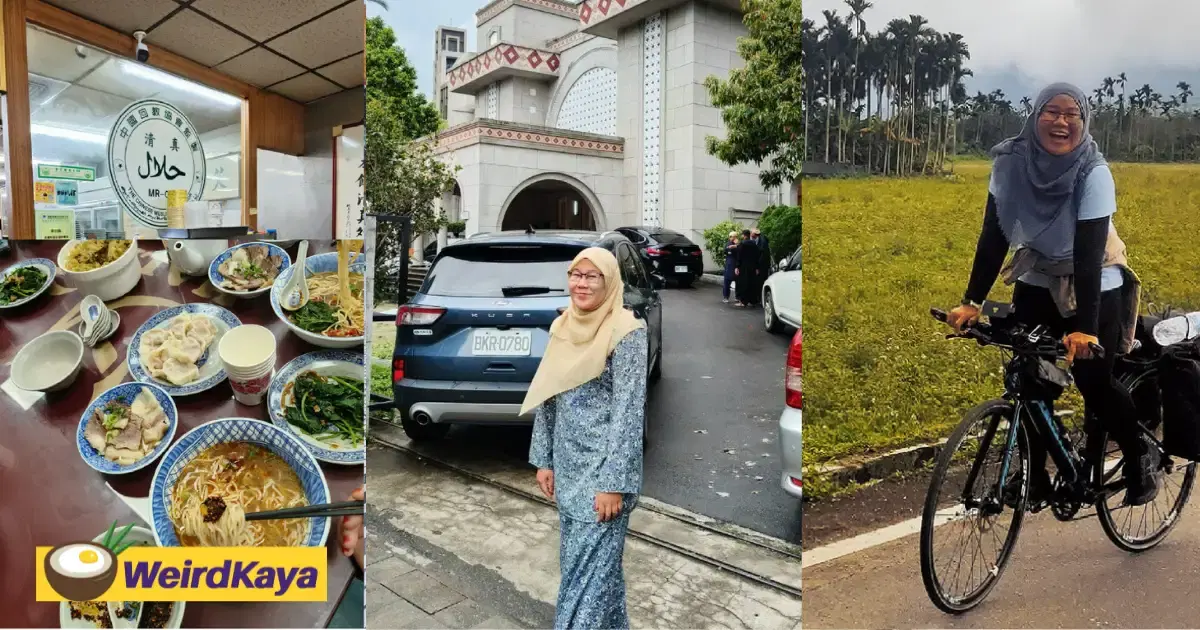Exclusive Story by WeirdKaya- Proper accreditation to WeirdKaya and consent from the interviewee are required.
Stepping into the unknown is never easy, especially when it means leaving behind the comfort of home to embrace a world filled with unfamiliar faces, languages, and customs.
For many, it’s a necessary leap to chase dreams, rediscover themselves, and build meaningful connections.
This is the story of 31-year-old Liyana binti Yamin, whose courage and determination carried her from the bustling streets of Subang Jaya to the serene coastal city of Keelung, Taiwan.
Taiwan shapes me as a person
For Liyana, education has always been a journey of exploration. Growing up in Subang Jaya, she moved to Terengganu to pursue her undergraduate studies before returning to Kuala Lumpur for her master’s degree. But she had always dreamed of taking her academic ambitions beyond Malaysia.
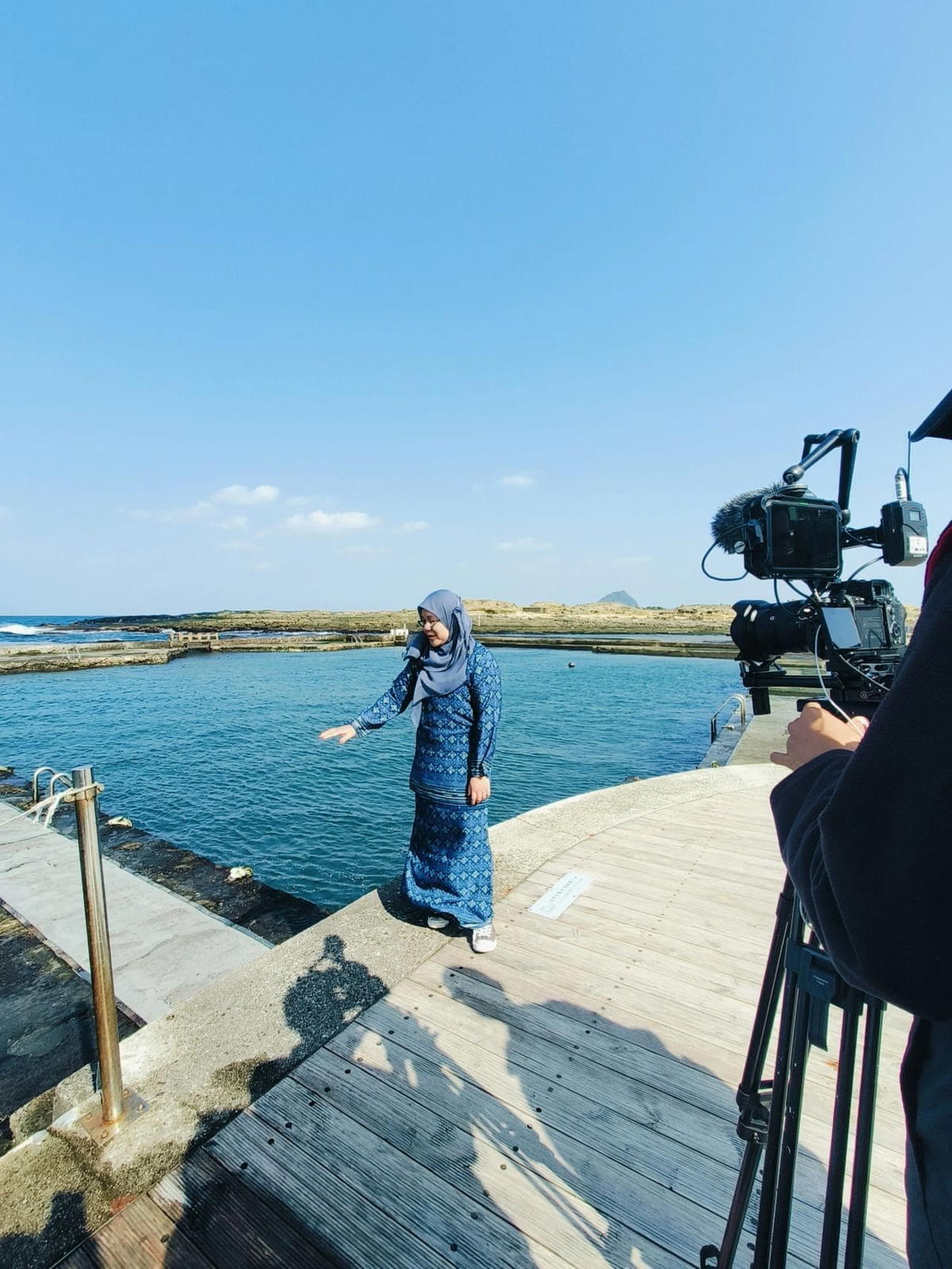
Her PhD in Marine Social Sciences brought her to the National Taiwan Ocean University, a choice influenced by both academic and personal aspirations.
“I came to Taiwan with this scholarship thanks to the Ministry of Education. I was drawn to Taiwan’s natural beauty and my school was near the seaside. I’ve always wanted to learn Mandarin, and coming to Taiwan was a great environment for me to practice Mandarin while doing my PhD with a scholarship.
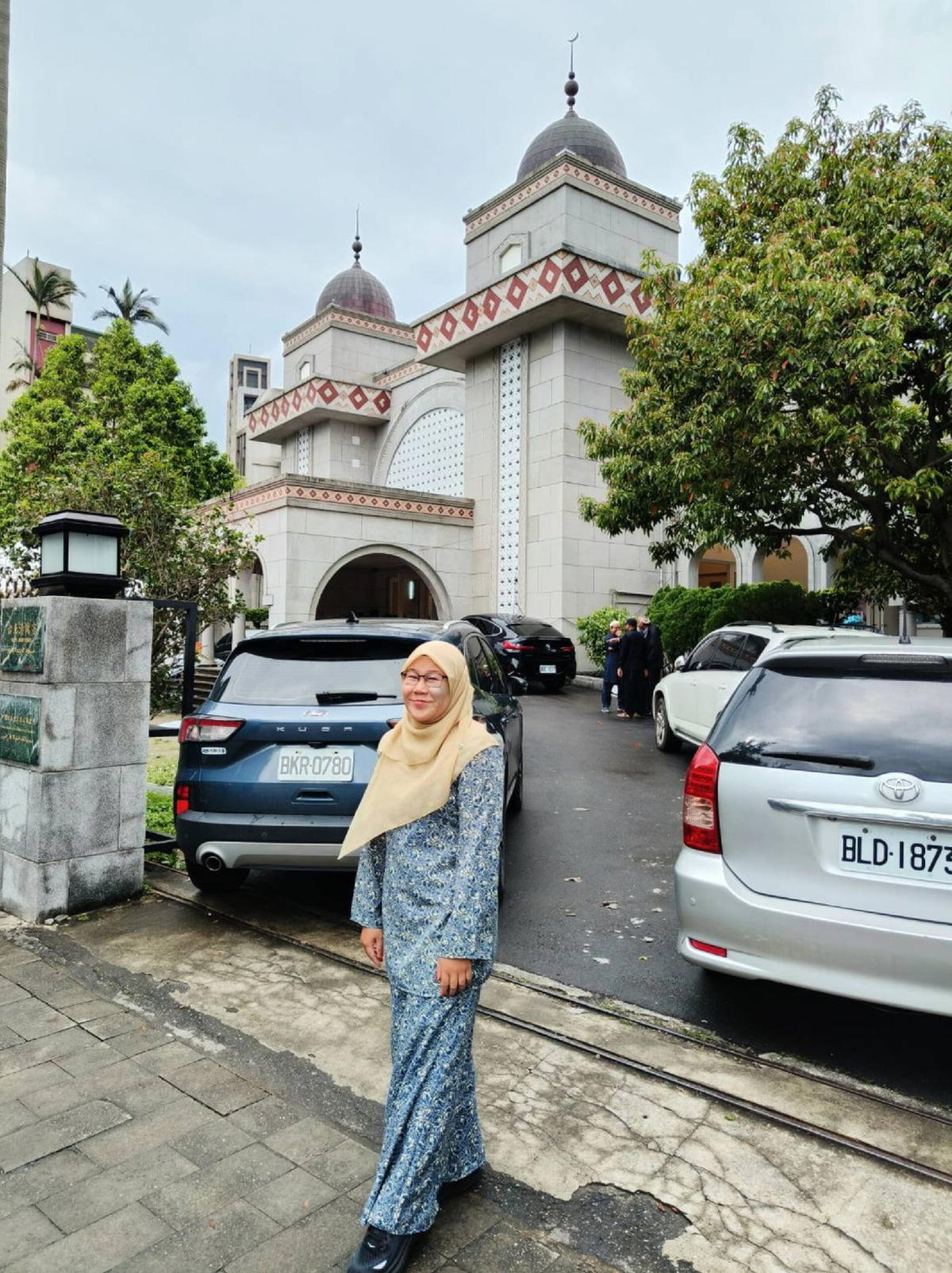
“Aside from pursuing my studies, moving to Taiwan was also a chance for me to immerse myself in a new culture and environment which would ultimately shape me as a person,” she explained.
The initial period was one of multiple adjustments
Arriving in Taiwan was exciting but came with its own set of challenges, especially as a Muslim student. From figuring out where to find halal food to adapting to new routines, the initial period was one of multiple adjustments.
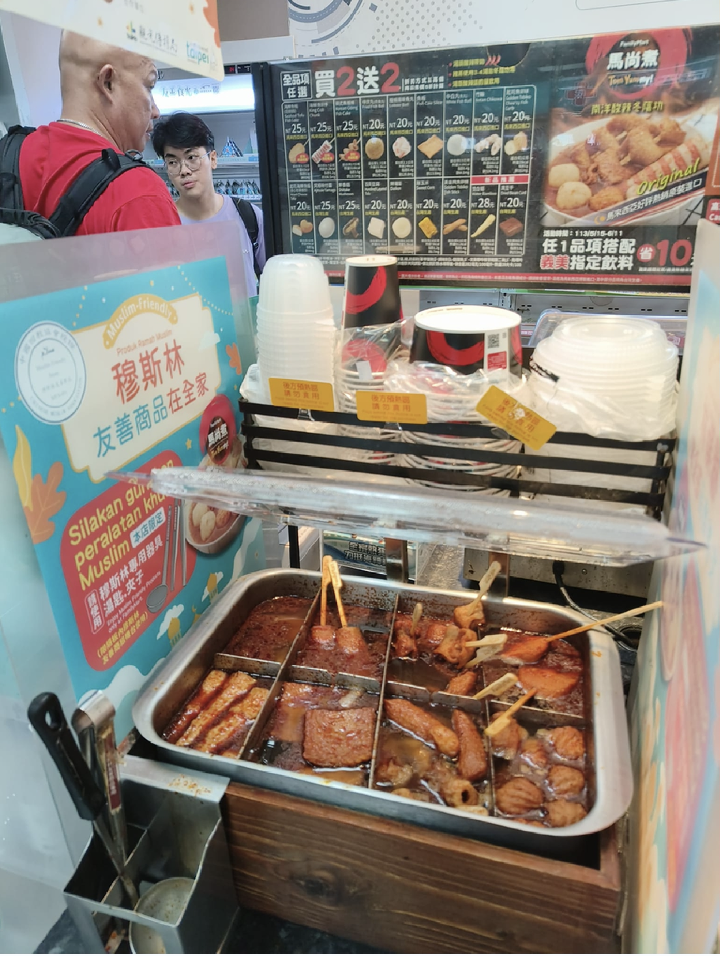
“The initial adaptation was tough. But as time went on, I simply explored the place by myself and even made my very own map of halal establishments for my reference,” Liyana shared.
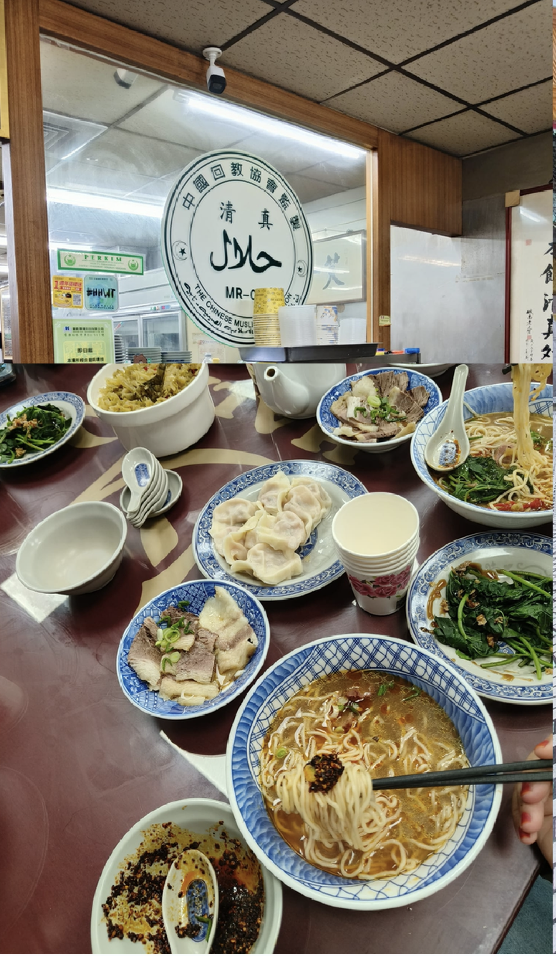
Not only did Liyana have to adjust in terms of sourcing for halal food, even daily practices like prayer and fasting were of no exception too.
“The Fajr prayer here is much earlier than in Malaysia. When I was preparing for the fasting month, getting up for sahur was a huge struggle. But I eventually got used to it, Alhamdulillah,” she said.
And as if navigating cultural differences wasn’t enough, balancing her studies, part-time jobs, and volunteering demanded time management skills. “Initially, time management was not easy at all. It took several trials and errors before getting the right balance.
“But as time went on, I managed to find a routine that worked for me. I tried to make a few days for writing my thesis, a few days for part-time jobs, and maybe a day to just rest at home and do nothing,” she reflected.
This balance became essential as she moved forward, allowing her to juggle the various aspects of her life abroad.
‘You’re not in Malaysia; why do you still wear a hijab?’
Living in Taiwan presented Liyana with an opportunity to not just study, but also share her culture and faith. Her involvement in programs like ‘Polyglot Taiwan’ and ‘Culture Diving Taiwan’ allowed her to connect with the locals while introducing them to Malaysian traditions and Islam.
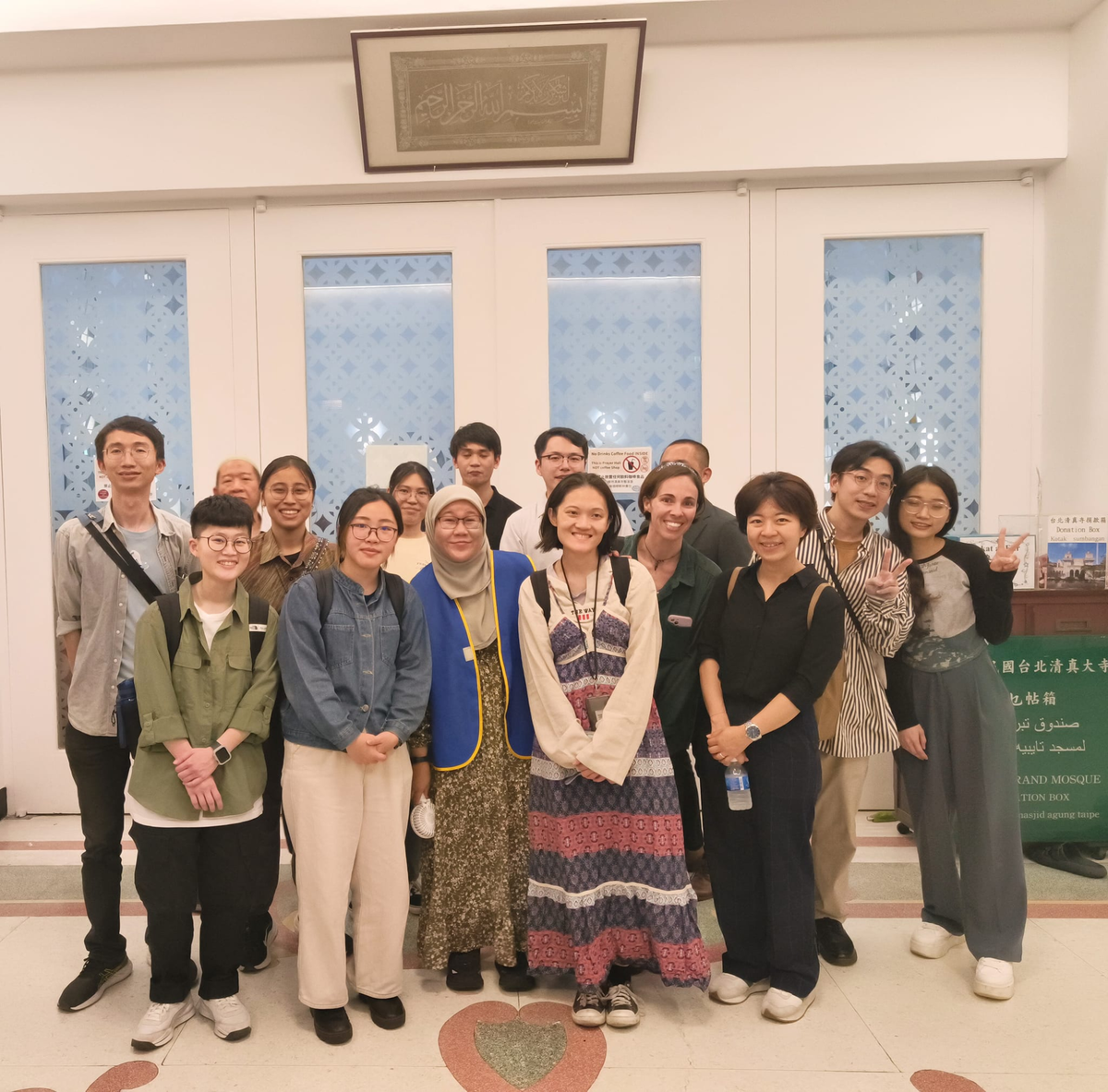
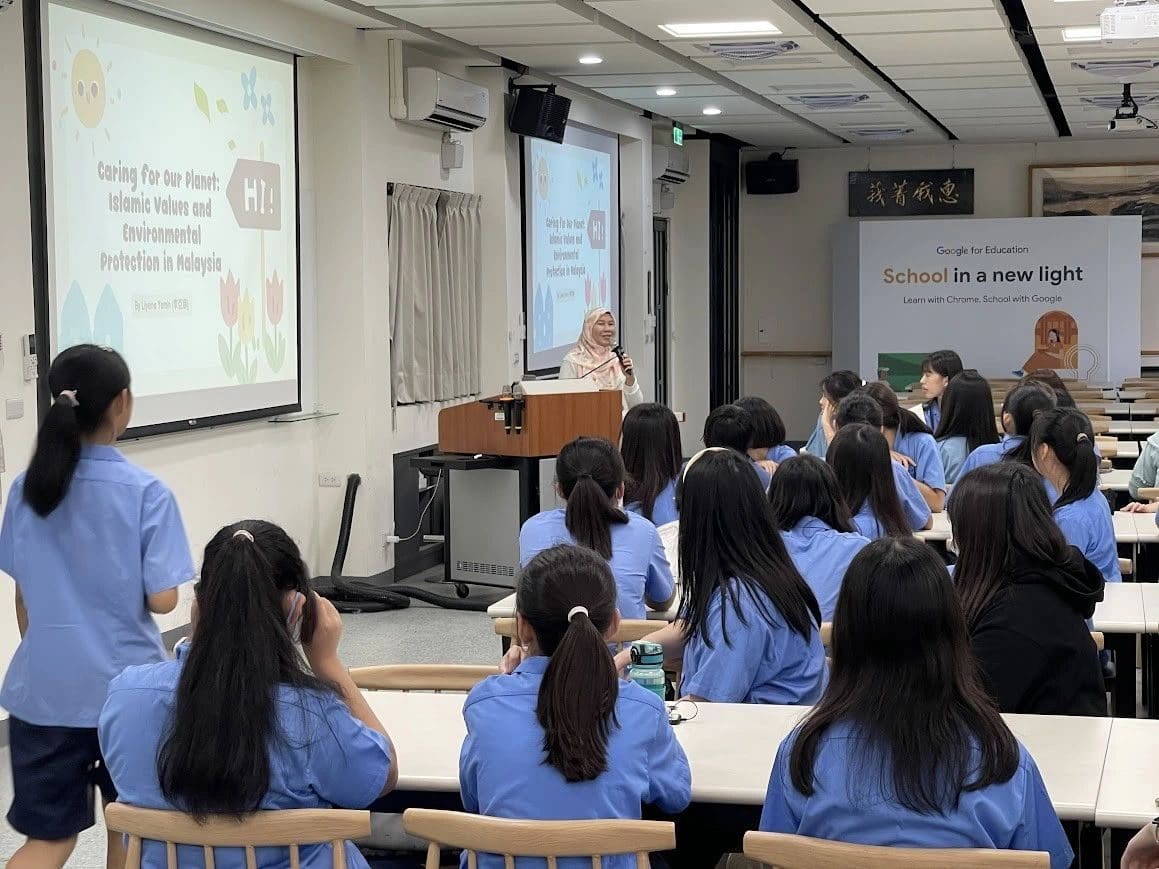
“Polyglot Taiwan is an organisation that emphasises language exchange for locals and foreigners. I worked part-time as an English table leader, holding conversations with locals who wanted to practice English,” she explained.
As for Culture Diving Taiwan, Liyana visited local schools, where she shared her heritage and faith with students. “This platform allows foreigners to visit local Taiwanese schools to share their respective cultures.
“Since Taiwanese society is largely homogenous, many don’t have opportunities to interact with foreigners. These visits allowed me to speak about Malaysia and Islam,” she added.
However, representing her faith in a country with limited exposure to Muslims came with its challenges. “The Taiwanese don’t see Muslims that much, and they usually synonymise Islam with Indonesia because of the migrant workers here,” Liyana said.
To better educate others about her religion, she joined a Mandarin dakwah class, which equipped her with the language skills to explain Islamic terms.
“Some locals asked tough questions, like why some women wear hijabs and others don’t. Some even said, ‘You’re not in Malaysia; why do you still wear a hijab?’ These questions made me reflect deeply on my faith. I started reading Islamic books and listening to podcasts to better understand Islam and share its beauty with others,” she said.
Facing challenges with grace
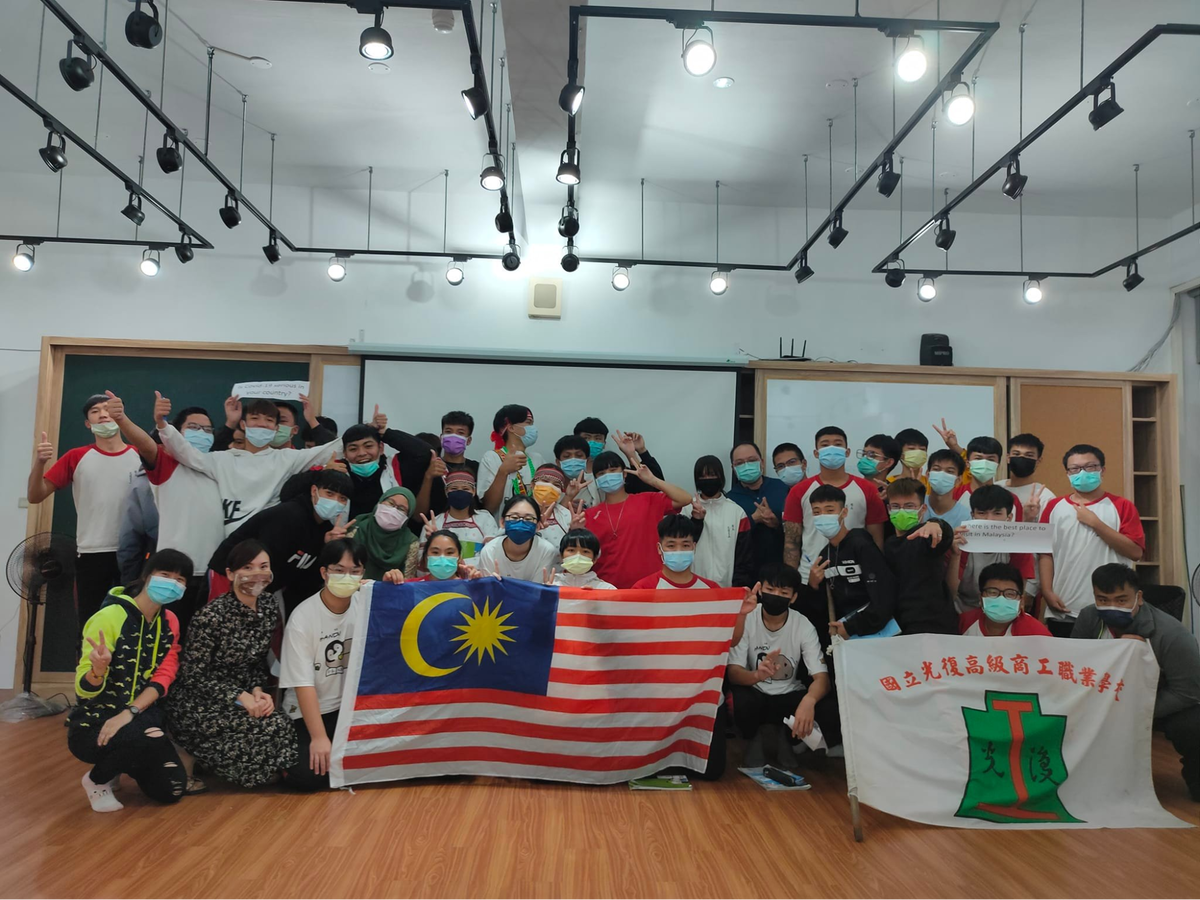
Despite the challenges, Liyana was determined to create a sense of belonging for herself and others. As one of the first Malaysian Muslim students in Taiwan, she took the initiative to build a support network for those navigating similar experiences.
“Together with a few others, I formed a WhatsApp group to share information related to Taiwan. Since most news is in Mandarin, I help translate and share updates,” she said.
This group became a hub for connecting students with resources and organising events, including Eid gatherings.
“Muslims are a minority here, so creating these spaces was important to make everyone feel more at home,” she reflected.
Like many immigrants, Liyana faced moments of discrimination that tested her resilience.
“When I was applying for a part-time job, they asked me to remove my hijab. On other occasions, I was told to go back to my own country,” she shared.
Liyana’s approach to such incidents depended on the situation.
“If the person is aggressive, I walk away politely. If there’s room for discussion, I silently reject their notions. Sometimes staying away is the best option to avoid further conflict.
“But all in all, these experiences strengthened my resolve and reminded me of the importance of staying true to my values.”
‘Change requires sacrifices’
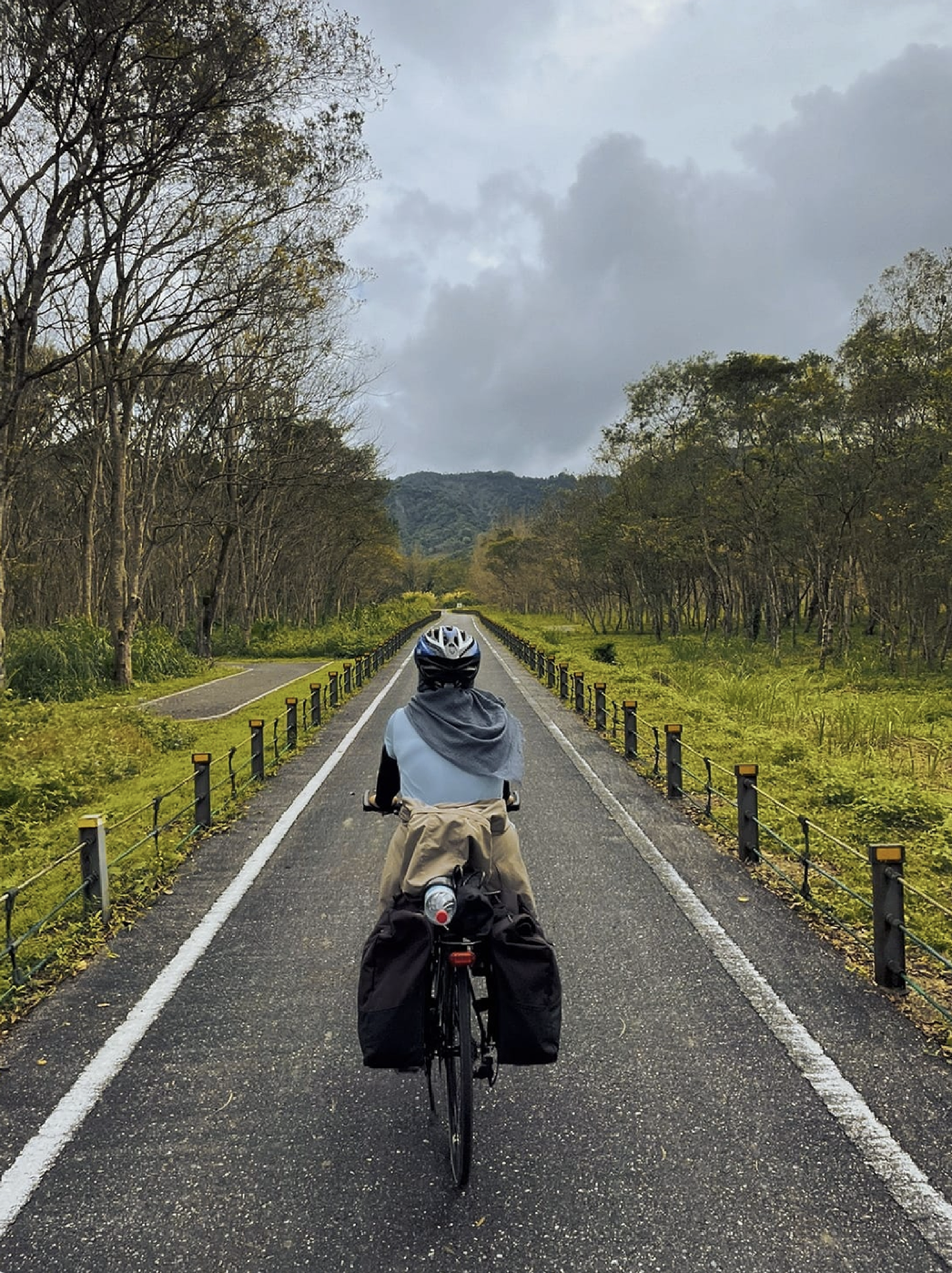
Through all the challenges, Liyana’s accomplishments have been a source of pride. Among her achievements, she values her progress in Mandarin the most.
“I’m proud of myself for being able to speak Mandarin comfortably now. Although I’m not fluent, I used to worry about learning the language. Now, some schools even invite me to speak about Islam in Mandarin,” she shared.
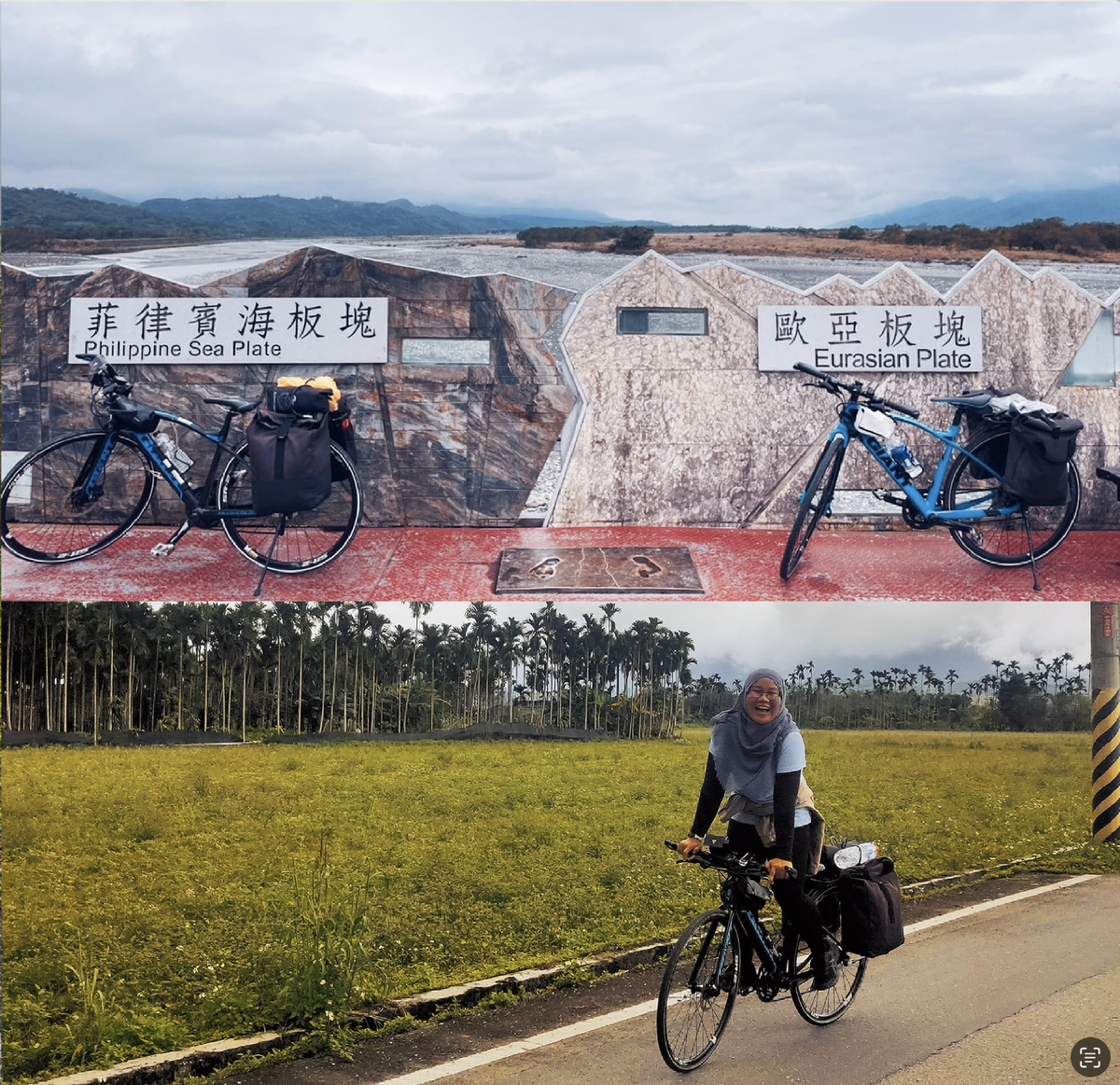
To young Malaysians considering life abroad, she offered this advice:
“Living abroad may seem like the grass is greener on the other side, but it requires sacrifices. Adapting to the local culture, language, and weather takes time. Find your community through shared interests or faith.
“As a Muslim, hold on to your faith and remind yourself that the ultimate goal is to submit to Him. This life is temporary, and trials are part of the journey. As the Quran says, ‘O my people, this worldly life is only [temporary] enjoyment, and indeed, the Hereafter—that is the home of [permanent] settlement’ (40:39).”
Exclusive Story by WeirdKaya – If you wish to reproduce this story, please ensure that you obtain consent from the interviewee to maintain factual accuracy and avoid the potential spread of misleading information. If referencing or using any information from our story, we kindly ask that proper credit is given, along with a backlink to WeirdKaya, as acknowledgment of the efforts made by our editors in sourcing and conducting interviews.


